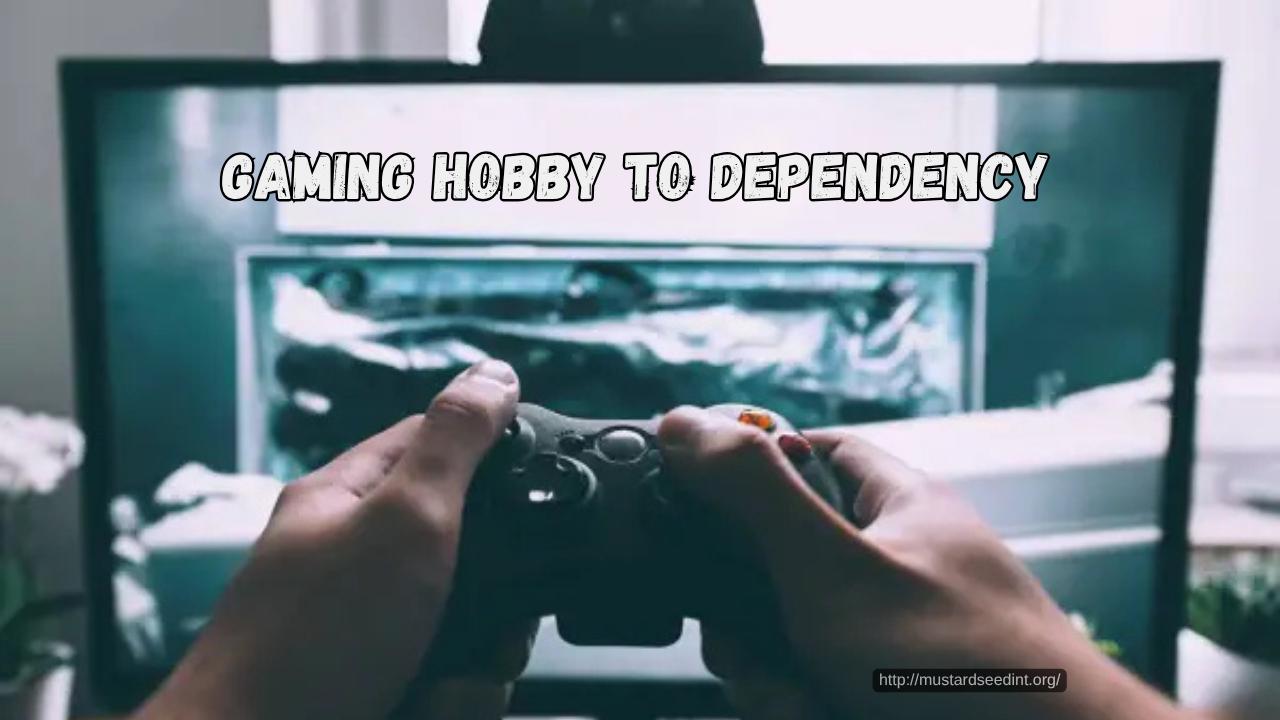 Video games are a popular way to unwind, socialize, and enjoy entertainment. For many, playing a few hours a week is a harmless and even beneficial pastime. However, when stress and emotional challenges come into play, gaming can shift from a casual hobby to a dependency. Understanding this transition is essential for recognizing early warning signs, addressing underlying emotional struggles, and seeking effective recovery strategies.
Video games are a popular way to unwind, socialize, and enjoy entertainment. For many, playing a few hours a week is a harmless and even beneficial pastime. However, when stress and emotional challenges come into play, gaming can shift from a casual hobby to a dependency. Understanding this transition is essential for recognizing early warning signs, addressing underlying emotional struggles, and seeking effective recovery strategies.
At Mustard Seed International, we provide compassionate, holistic, and individualized care for individuals struggling with gaming addiction and related mental health challenges. Our faith-based programs focus on both the behavior and the emotional root causes, helping clients regain control and restore balance in their lives.
Why Stress Drives Gaming Dependency
Stress is a normal part of life, but chronic or unmanageable stress can push individuals toward coping mechanisms that offer quick relief. Gaming can provide an immediate sense of control, achievement, and distraction from real-world pressures.
The appeal lies in the brain’s response to rewards. Each in-game achievement triggers a dopamine release, creating a temporary sense of pleasure and emotional relief. Over time, the brain begins to associate gaming with stress reduction, reinforcing the habit. For someone experiencing high levels of stress, this cycle can become increasingly difficult to break, leading to compulsive gaming patterns.
Recognizing the Signs of Gaming Dependency
It can be challenging to know when gaming has crossed the line from hobby to dependency. Signs to watch for include:
-
Prioritizing gaming over daily responsibilities: Skipping school, work, or family obligations to play.
-
Using games to escape negative emotions: Turning to gaming as the primary method to relieve stress, anxiety, or sadness.
-
Loss of time awareness: Spending extended hours playing without noticing time passing.
-
Irritability or restlessness when unable to play: Emotional discomfort arises when gaming is interrupted.
-
Decline in mental or physical health: Reduced sleep, poor nutrition, or withdrawal from social interactions.
Recognizing these patterns early can prevent escalation and guide individuals toward healthier coping strategies.
The Emotional and Mental Health Connection
Gaming addiction often masks deeper emotional challenges. Chronic stress, anxiety, depression, or unresolved trauma can drive individuals to seek refuge in virtual worlds. While the screen provides temporary relief, it does not address the root cause of the stress. Over time, dependency on gaming as an escape can worsen emotional health, increase isolation, and disrupt meaningful relationships.
At Mustard Seed, we understand that healing requires addressing both the behavior and the underlying emotional pain. Our programs focus on holistic and faith-based care to help clients process stress, develop resilience, and rebuild healthy coping mechanisms.
Healthy Alternatives to Manage Stress
Breaking the cycle of stress-driven gaming involves learning healthier ways to handle life’s pressures. Effective strategies include:
-
Mindfulness and relaxation practices: Meditation, deep breathing, or prayer to manage stress naturally.
-
Physical activity: Exercise boosts mood, reduces tension, and strengthens emotional resilience.
-
Creative outlets: Journaling, art, or music provides healthy expression for emotions.
-
Strengthening relationships: Spending quality time with family, friends, or supportive communities.
-
Professional support: Therapy and counseling help address emotional triggers and guide recovery.
These strategies empower individuals to confront stress directly, reducing reliance on screens for emotional relief.
Moving From Dependency to Balance
Gaming can be a source of enjoyment, but when stress turns play into a primary escape, it can negatively impact mental health and overall well-being. Recovery is possible with compassionate guidance, holistic support, and a focus on the underlying causes of stress.
At Mustard Seed International, we offer individualized programs to help clients navigate the path from gaming dependency to emotional balance. If you or a loved one is struggling with stress-driven gaming, reaching out for support is the first step toward lasting change, renewed purpose, and healthier coping.
Contact Mustard Seed International today to begin the journey toward recovery, balance, and emotional resilience.